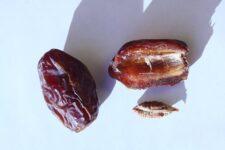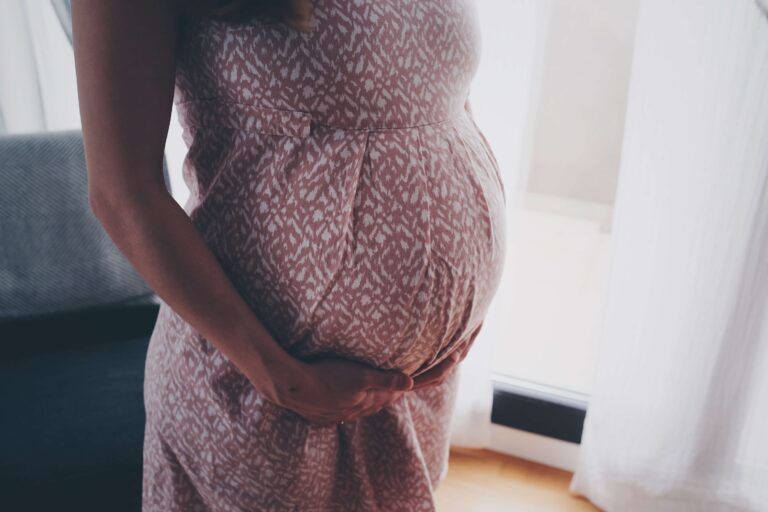Polycystic Ovarian Syndrome (PCOS) can cause irregular menstrual cycles which can cause hormonal infertility. While the exact cause is unknown, an excess of androgen hormones, high insulin levels, stress, low-grade inflammation, obesity, and genetic predisposition can contribute to the incidence of PCOS.
Can you take control of your diet and exercise regiment to help reduce the signs and symptoms of PCOS?
One of the main things I tell my patients is to work on the things that are within your control. Stress and weight gain are two things that can be controlled with diet and exercise. Inflammation and insulin levels are also well controlled with diet and exercise to some extent.
Incorporating moderate, regular exercise has been researched and proven to have an effect on the overall reduction of inflammation, weight, and stressors that could contribute to PCOS symptoms as well as those that could cause concomitant disease processes such as Type 2 diabetes and cardiovascular issues.
The same may be said for dietary changes. When PCOS patients adopt a diet focused on lean proteins such as fish and poultry, along with beans, antioxidant-rich food, vegetables, fruit, nuts, seeds, and only a small amount of whole grains, they will often notice a significant change in the low-grade inflammation that is a marquis sign of PCOS. In addition, eating whole foods can help reduce stress and aid weight loss which will also help to reduce inflammation and help restore proper ovulation and fertility. Steering clear of processed food, especially sugar is incredibly helpful in riding the body of low-level inflammation. This along with acupuncture and herbal medicine has helped many of our patients feel relief from PCOS symptoms and asset them on their fertility journey.






